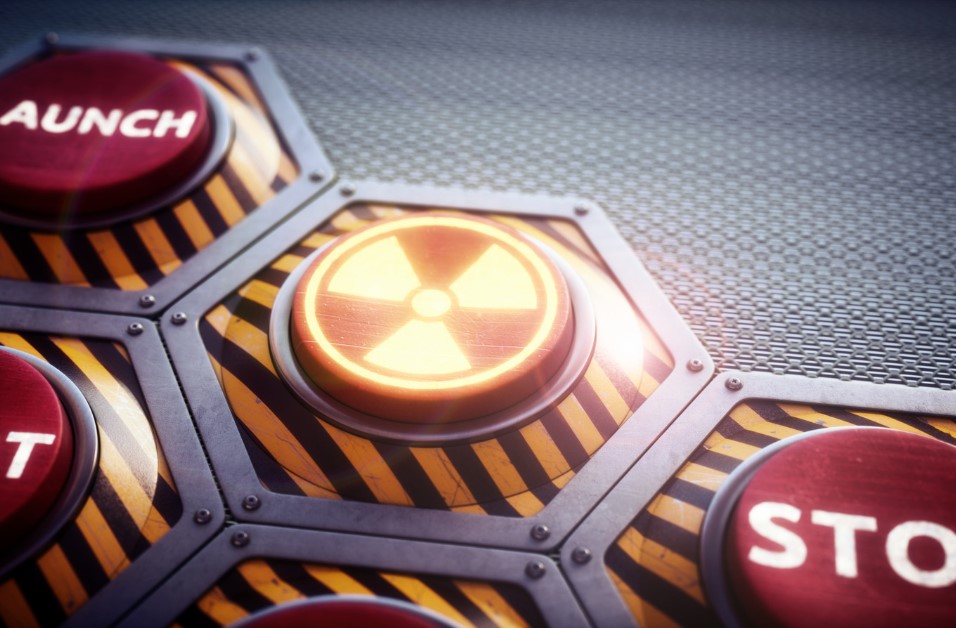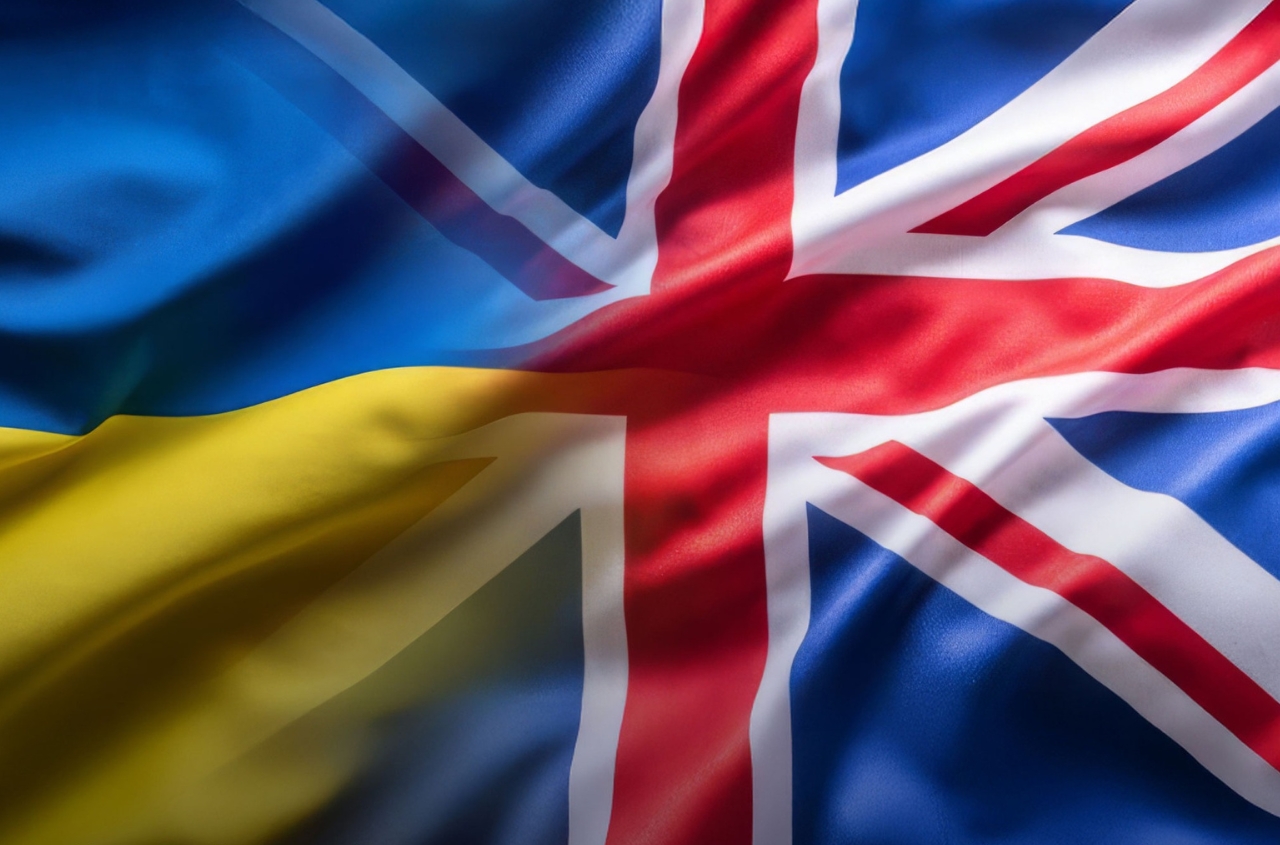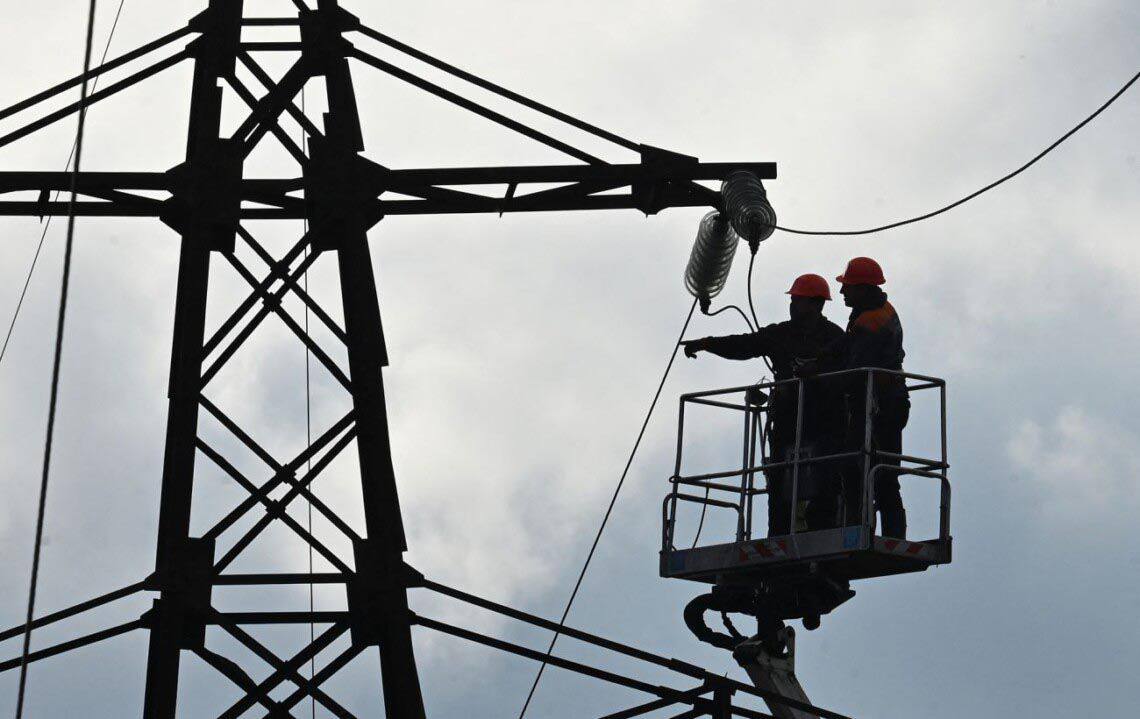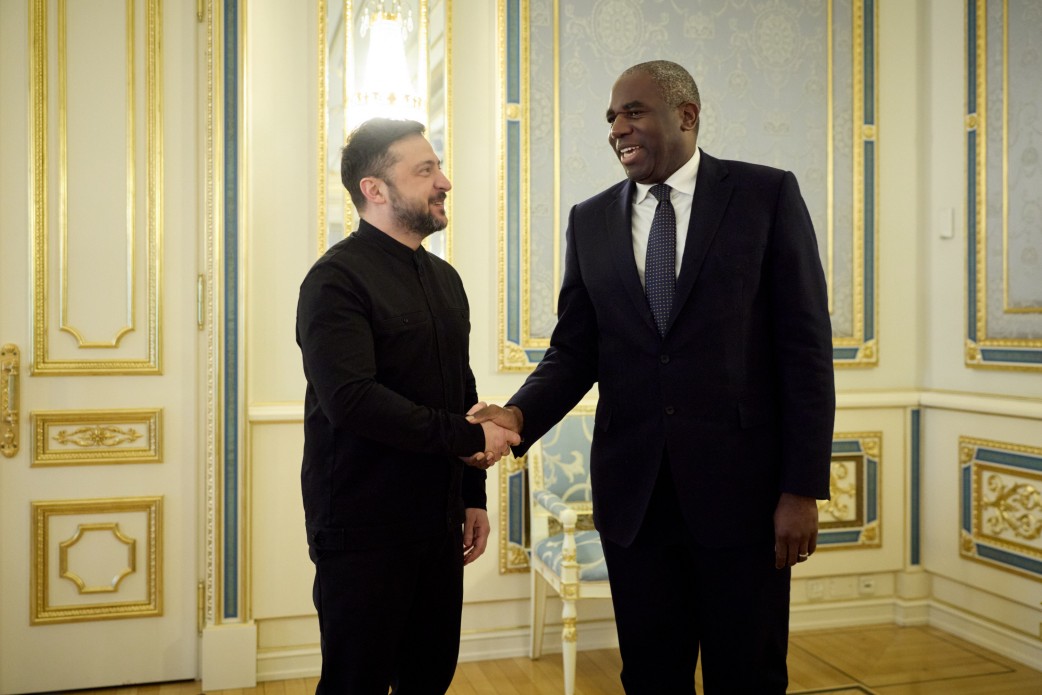I see that a significant number of people continue to experience existential fear regarding the possibility of a nuclear strike on Ukraine.
Well, let's sort this out.
Russia has a whole range of striking means that can be classified as "nuclear weapons."
However, they can be conditionally divided into two main categories based on their scale of use.
Strategic Nuclear Weapons (SNW) and Tactical Nuclear Weapons (TNW), or alternatively, Operational-Tactical Nuclear Weapons (OTNW) (though this classification is somewhat conditional, as the damaging factors of a nuclear explosion do not fit neatly into human-defined "levels and scales" of conducting military operations). Therefore, they are generally divided into SNW and TNW, although this division is also quite conditional, as SNW can be used for operational-tactical and tactical objectives, just as TNW can be used for strategic purposes due to the availability of modern nuclear weapons with variable yield capabilities to regulate the power of the nuclear explosion.
There are also so-called "small" (with a yield of up to 10 kT) and "super-small" (up to 1 kT) charges, but Russia has never officially acknowledged their existence because these charges are clearly intended primarily for sabotage purposes ("man-portable").
To publicly acknowledge the possession of nuclear sabotage means in peacetime would invite a fairly harsh reaction from the international community, particularly from the part that also possesses nuclear weapons.
"Small" and "Super-Small" nuclear charges are generally also classified as TNW and distinguished into a separate category of nuclear munitions solely based on their explosive yield (up to 10 kT).
At one time, the Kremlin elders who led the USSR, where such weapons were actually developed, were not as reckless as the current "putler" and his Lubyanka-"cooperative" gang, and they did not openly talk about "nuclear aspirations," although they sometimes also spouted blatant nonsense of an atomic nature.
So, let's return to the question of the hypothetical use of nuclear weapons by the Kremlin against Ukraine.
SNW usually starts at around "100 kT" (for comparison, the bombs dropped on Hiroshima and Nagasaki had yields of about 10 to 20 kT) and are intended to strike LARGE areas or WELL-PROTECTED targets deep within the enemy's territory (including densely populated regions) or those of decisive (strategic) importance for its defensive capability (key military bases, command centers, defense industry facilities, critical infrastructure, including transport and energy, political-administrative centers, etc.).
This is LONG-RANGE weaponry, primarily at the INTERCONTINENTAL level in terms of its ability to "deliver" a nuclear warhead to its target. However, it is not always equipped with – aerial bombs, medium and short-range missiles, torpedoes, etc.
The use of this weapon is obviously associated with catastrophically fatal consequences for LARGE AREAS, in all directions from the epicenter of such an explosion, primarily due to its high yield and, consequently, the significant intensity and duration of its damaging effects. This is further "exacerbated" when a missile has a separating warhead with individual targeting for each block.
This makes the use of SNW by a country targeting an area close to its borders, even at a relatively significant distance, unlikely.
Especially when such weapons are planned for use (or are actually used) in a massed manner or with high-yield charges.
In other words, SNW makes sense to use when the target to be struck is located far away (preferably at a STRATEGIC distance, at least 1,000 km away). The farther, the better.
TNW is weaponry for use during combat operations directly in tactical and operational-tactical zones (including rear areas) to strike significant concentrations of enemy troops or important targets and facilities from the perspective of conducting military operations.
Unlike SNW, it is usually less powerful, around 100 kT (and accordingly has lower intensity and volume of damaging effects, but its physical nature is the same as that of SNW, although it can be MODELED by the design of the "special charge" itself).
TNW requires the most advanced and modern guidance systems, as it is intended for use in CLOSE PROXIMITY to its own troops.
By delivery method and application, TNW can be:
- Artillery (in the form of artillery shells);
- Aerial (equipped as aerial bombs);
- Missile (tactical and operational-tactical missiles of the "ground-to-ground" class);
- Anti-aircraft and airborne (of the "ground-to-air" and "air-to-air" classes);
- Missile Defense (warheads for anti-missiles);
- Engineering (in the form of mines and explosives);
- Naval (in the form of torpedo warheads, sea-based missiles, anchor and bottom sea mines).
As for TNW, there are still no internationally recognized categories and parameters by which a specific nuclear charge can be unequivocally classified as TNW.
Attempts have been made to classify based on yield, range of delivery systems, intended use, and even accuracy. However, it quickly became clear that the boundary between SNW and TNW is very conditional based on several of these parameters.
Regarding the MODELED yield, I have already mentioned that the range of delivery systems is also a very debatable parameter (long-range cruise missiles, aerial refueling of strategic aviation, etc.). The intended use is also a very contentious criterion; for example, how should a nuclear strike by a strategic submarine on an enemy naval base near the front be classified? As the use of TNW, or still as SNW?
And with accuracy, it’s also "not so straightforward": there are examples of SNW that successfully achieve accuracy at the level of TNW, and conversely, TNW that may fall short of SNW in this regard.
So, knowing all this, let’s try to determine the likelihood of Russia, as it's currently said, using "nuclear weapons" against the territory of Ukraine.
Here, it is best to compare three parameters:
- Conditions of use;
- Possible outcomes;
- Consequences for the Kremlin itself.
This will give us a more or less realistic picture of the initial data on which the Kremlin would base its decision.
SNW
- It is possible, but technically and technologically challenging.
A ground or sea launch of a "heavy" missile would require reconfiguring the missile itself, adjusting its guidance systems, and altering its flight trajectory, which would likely be "through space." After all, it is, conditionally speaking, designed for Washington and London, not for Fastiv or Berdychiv.
An aviation charge of the SNW category on board an aircraft would be detected before it even reaches its launch range (I suspect that it would be identified even before loading at one of the Russian airbases, which are obviously under round-the-clock surveillance, primarily not from Ukraine, but from "other states").
Therefore, the most likely option for using SNW is a strike with a cruise missile from a submarine, or if a decision is made, an attempt to launch it from long-range or strategic aviation.
-
If Ukrainian air defense fails to intercept, the enemy could strike a sufficiently significant REGION of Ukraine (somewhere around 2-3 regions) with a large area of total destruction. However, even under swampy conditions, this will not lead to anything until the end of the war.
-
The consequences, not only for Ukraine but also for the Kremlin itself, would be catastrophic.
In addition to the significant portion of these "consequences" that would directly impact Russia itself, the world would obviously, to say the least, "disapprove" not so much of the loss of part of our population, large-scale destruction, etc., but of the "nuclear" contamination of a significant part of 30% of the most fertile arable land on this planet.
In that case, the bald jerk, and HIS entire entourage will be dragged out of any bunkers. No amount of money will save them. This will not remedy the situation, but they will die slowly and extremely "painfully."
There’s no need for divination; even China would have a hand in this.
TNW
-
Here, obviously, the probability and variability of use are much greater than in the case of SNW. This includes two factors: limited power (and consequently, the scale and size of possible consequences) and technical-technological variability. In this case, it could be as simple as an artillery shell, or it could involve some fanatical "cotton-wrapped" jerk with a "nuclear backpack" sent to Banderite Lviv or Kyiv. Moreover, in this scenario, the target and location for the detonation of the tactical special charge can be chosen from a fairly wide spectrum.
-
The result will likely be severe for us too.
Of course, not on the scale of an entire REGION, but locally, besides the significant loss of our people, something very important or even symbolic could be destroyed. However, this will even less stop the war under swampy conditions.
- As for the consequences for the Kremlin, they will not just be severe, but "very severe." I predict that in such a case, there would be even harsher isolation than in North Korea, though not for long.
Next, there will be tectonic socio-political upheavals in the swamps (possibly even disintegration). A country built on the export of raw materials and resources and the import of everything necessary for "life and combat" from abroad, in the conditions of harsh and total isolation caused by the REAL use of a "nuclear bomb," simply cannot continue as it is. In Petersburg or Yekaterinburg, they won't be eating grass like in North Korea.
This will quickly end with the introduction of a "stabilization contingent" of international military forces (including Chinese troops) into Russia.
And the construction of the so-called "Global South" will continue without Russia as a centralized and independent state.
Summary
In summary, the probability of the Kremlin using nuclear weapons against Ukraine exists; it certainly "does not approach" zero, but it is low.
For it to jump to a hundred percent, several key conditions must be met:
-
The bald jerk in the Kremlin must completely lose touch with reality and stop considering any consequences of such a decision for himself personally and for the country he leads.
-
The technical condition and combat readiness of Russian forces and means that "normally" have the right and ability to use nuclear weapons of various types or classes must meet the requirements for REAL execution of the algorithm for their use.
-
In Putin's immediate and distant circle, there must be no sane person involved in executing this algorithm who is capable of disrupting its implementation.
The main reason the probability of the Kremlin using nuclear weapons against Ukraine is low is that it will in NO WAY bring them closer to victory in the war. However, it is likely to create a very large heap of extremely negative "consequences" for the Kremlin itself.





















